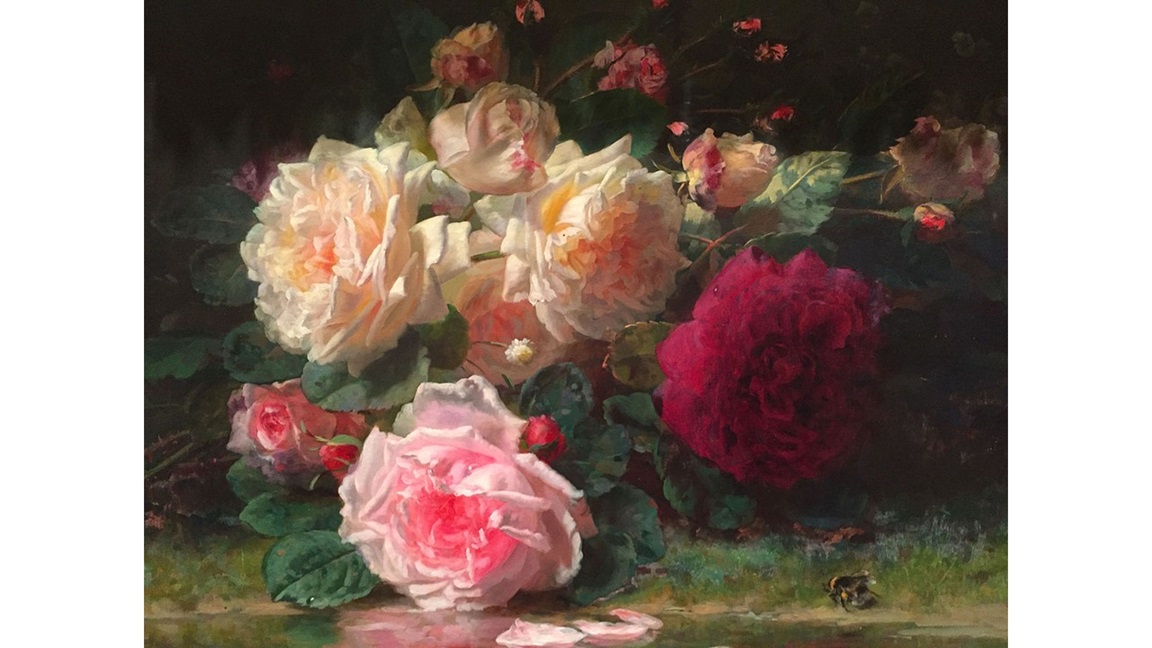.
The Water Closet
An earthen pit, an outhouse stool, a chamber pot—
We’ve long dispensed with these, the whole damn stinking lot!
The housewife and the maid no longer shout, “Gar’ l’eau!”
Before the toss of waste on city streets below.
A lady needn’t lift her skirt, nor man drop trou,
Escaping eyes of passersby who raise a brow.
No more the need to squat behind some random bushes;
No more the risk of catching cold from bare-assed tushes;
So thank you, Mr. Harrington. Now we simply flush,
And whoosh! It circles down the drain in one big rush.
And thanks as well to this ingenious whippersnapper,
Who never was so aptly named—one Thomas Crapper!
.
Gar’ l’eau: French for “Out the window.”
Sir John Harrington (1561-1612): credited with inventing the first flushing toilet in 1596 for Queen Elizabeth.
Thomas Crapper (1836-1910): an English plumber who made further refinements. He held three patents to improve toilet plumbing, including the U-bend trap to prevent unwanted flow and gases, and what’s known as the “float” the fills the toilet tank.
.
.
A Great Necessity
Who doesn’t love the softness of a two-ply cotton roll
That’s wound around the round of a cardboard donut hole?
It’s comforting to know that when you park your rump
Upon the toilet seat to take what’s called “a dump”,
You barely have to make a reach—voilà—“t.p.”
Is there to wipe away the poo and dribbled pee.
No more the dried-up cobs left over from the sheaves,
Or itchy, reddened rash from sand, or sticks, or leaves.
No more the torn-out page from Roebuck’s catalogue;
A greater problem now is need to plunge a clog.
Our bottom’s cleanliness has ceased to be an issue,
All thanks to Joseph C. Gayetty’s toilet tissue!
.
Joseph Gayetty (1827-1895): an American who invented the first available commercial toilet paper in 1857. The “medicated” papers, infused with aloe (to relieve hemorrhoids), were sold in 1,000 sheet packages for $1.00. His product, which he advertised as “The Greatest Necessity of the Age,” was in use until splinter-free paper was made in 1935 by Northern Tissue Company.
.
.
Cheryl Corey is a poet who lives in Connecticut. “Three Sisters,” her trio of poems about the sisters of Fate which were first published by the Society of Classical Poets, are featured in “Gods and Monsters,” an anthology of mythological poems (MacMillan Children’s Books, 2023).

















Two cute poems, although the meter is somewhat bumpy. There’s not a great deal of literature devoted to our excretory requirements. I recall a long passage in Rabelais about the best way to wipe your bottom, and the proper material to use.
I believe the translation for the French “Gardez (or Regardez) l’eau” should be “Watch out for the water” or “Pay attention to the water.” In Scots English it came to be the phrase “Gardy loo!” and it was shouted when someone opened an upper-floor window and dumped the contents of a slops-pot into the street below. A slops-pot is what you kept under a bed when you didn’t have flush plumbing to get rid of waste.
The French phrase was common in Scotland because of the presence of many Frenchmen in the country, due to the long-standing Auld Alliance between Scotland and France against the hated English. Many French persons must have shouted “Gardez l’eau!” to warn passers-by when they emptied a basin of urine and merde into the streets. “Gardy loo!’ became a standard warning in Lallans Scots, at least until Scotland got flush plumbing.
You’re correct on the translation. I also read that workers called “rakers” were employed to collect the waste and remove it to be used as fertilizer.
Toilet humour – in the best possible taste.
Your poems are both humorous and educational. Who can ask for more?
On the topic of ‘Out the window!’, the saying ‘The weak go to the wall’, comes from pre-toilet society, where the strong stuck to the middle of the crowded streets, where the contents of an emptied chamber pot didn’t reach, while the weak were forced to sidle along beside the walls, in imminent danger of a chamber pot being emptied over their heads.
Thanks for the reads, Cheryl.
Cheryl, would you mind me putting the link in to a humorous (I hope) short story I wrote, which has its own ‘Out the window!’ moment?
Not at all, Paul. Go for it.
To the nostalgic memory of the chamber pot!
https://everydayfiction.com/an-elizabethan-tale-by-paul-a-freeman/
My plumber father would have been impressed with the depth of your research, Cheryl. I’ve heard of Harrington as a rakish courtier who wrote some poetry, but my best contribution in return for yours is a remark I heard as a lecture “aside” from fiery Welsh history teacher, Michael Davies. “Elizabeth Tudor had the foulest bottom ever to sit upon the throne.”
Thank you for your input, Margaret. Part of my intent in writing these poems was to recognize the men who contributed so much to the system of modern sanitation that we take for granted. The aside about Queen Elizabeth is hilarious. Perhaps the foulness, if true, was a result of her diet.
Oh my, poetry can be about anything, can’t it? What fun! I didn’t use my best judgment by reading these while eating breakfast, though….
I agree with Cynthia. These are different and creative. I especially liked #2 ().
Thanks, Russel. I learned of Sir John Harrington in a book I’m reading, and that became the impetus for the first poem, which then led me to wonder who invented toilet paper. I find non-fiction especially conducive to new source material. You read about a subject, but then it becomes a springboard for all kinds of possibilities.
So Cheryl – this one is in your honor, for introducing the topic:
HOW TO NOT RUIN YOUR DAY
For ways not to spoil it
Here’s something most fitting —
Make sure that your toilet
Seat’s down before sitting.
And here I thought that the catalog of choice for outhouses was the one from Montgomery Ward.
From what I can tell, Ward’s came out around 1895 and Sears 1897 – I imagine that both sufficed for the job. People used whatever worked!